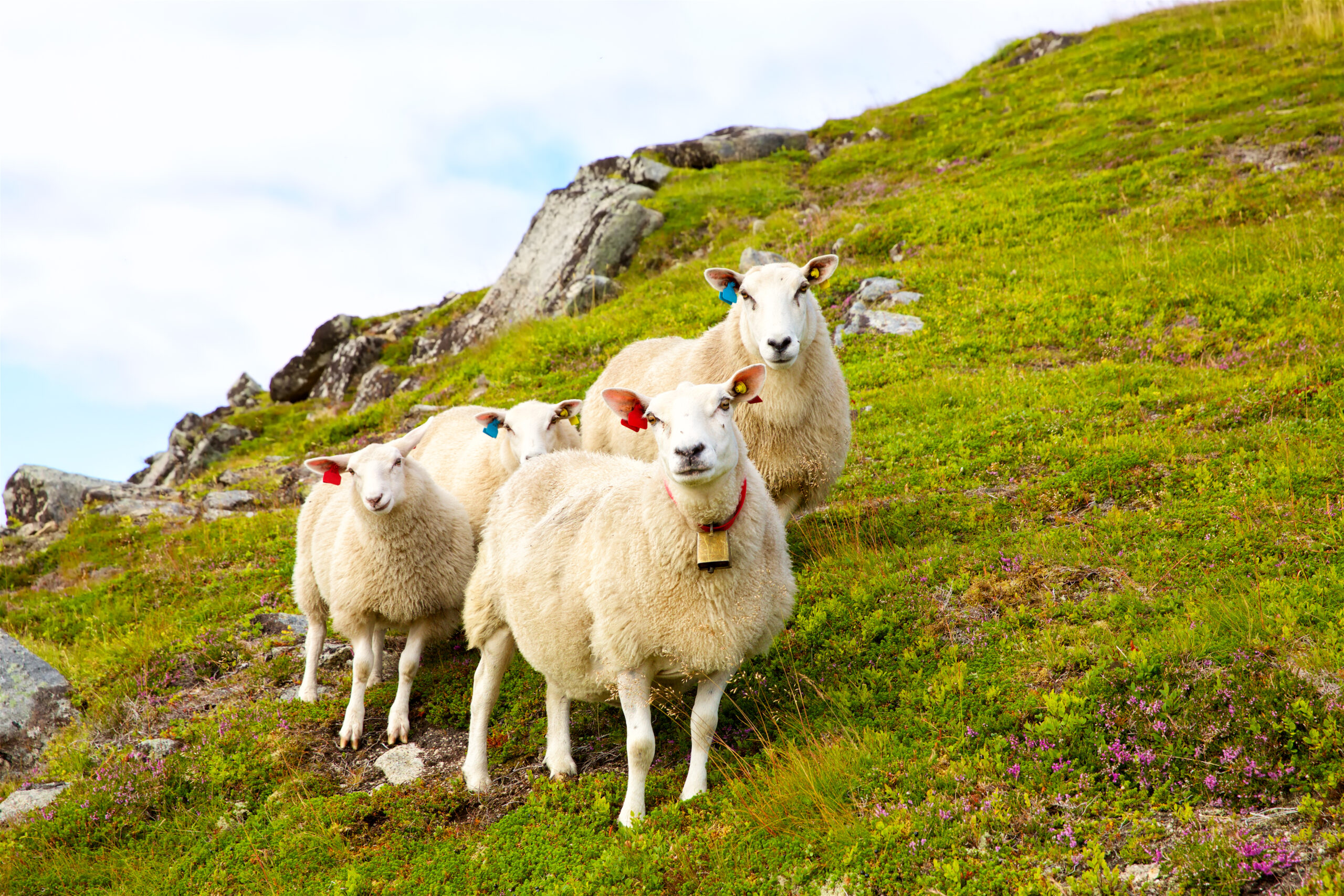
The agriculture industry is facing a number of challenges, including climate change, population growth, and the need to produce more food with fewer resources. With the world's population on the rise, farmers are certainly feeling the pressure to meet the growing demands whilst also being mindful of the environment.
Amidst these challenges, the agricultural community is stepping up with determination and ingenuity to find innovative solutions. With advancements in technology and sustainable practices, farmers and entrepreneurs are embracing change and forging a path towards a more efficient and environmentally conscious future.
From groundbreaking discoveries to exciting new collaborations, this month has been nothing short of remarkable for the agritech industry. Let's dive right in!

- In France, the French Council of State made a significant ruling against a ban on selling organic summer vegetables grown in heated greenhouses. This decision, announced on June 28, 2023, opens up opportunities for organic farmers whilst aligning with consumer expectations and harmonised European regulations. The Minister of Agriculture and Food Sovereignty is fully behind this decision and continues to support organic farmers in reducing greenhouse gas emissions and increasing soil carbon storage - a win for sustainable farming practices!
- Seattle-based startup Aigen recently made headlines when they unveiled their autonomous robotics platform powered entirely by solar and wind energy. This cutting-edge solution not only reduces fossil fuel use but also provides real-time field insights, significant cost reductions, and time savings for farmers. With their proprietary quantised AI technology, Aigen is paving the way for a greener and more efficient farming future.

- Another exciting announcement came from the collaboration between Freight Farms and Local Line. Freight Farms, a Boston-based agritech company specialising in hydroponic container farms, joined forces with Local Line, an all-in-one sales platform tailored to farmers. This partnership aims to equip new farmers with the necessary resources for establishing successful businesses. Local Line, founded in 2015 and based in Ontario, assists both existing and aspiring farmers, providing features like customised price lists, inventory management, invoicing, and payment options
- Dr. Youssef Belkhadir and Dr. Cyril Zipfel recently made significant strides in understanding the complex mechanism of plant immunity in their latest work titled “Plant Immune Receptor Function and Regulation: From the Cell Surface to Nucleus.” A groundbreaking outcome of their research was the identification of a new type of intracellular receptor known as NLRs (nucleotide-binding domain and leucine-rich repeat receptors). These receptors can move from the cell surface to the nucleus, enabling more effective regulation of the plant's defence responses.
- CubicFarm Systems Corp., a prominent local chain agricultural technology company, has made an important announcement regarding its subsidiary, HydroGreen Inc. The company revealed that HydroGreen has signed a Memorandum of Terms (MOT) with J&D Wilson, a dairy and beef farming operation based in Riverdale, California. This collaboration marks a significant milestone towards finalising a consulting agreement and purchase agreement between the two parties.
- A recent study published in Nature by an international team of researchers has revealed that artificial light at night (ALAN) can significantly alter gene expression rhythms and growth in Posidonia oceanica, a key seagrass species. The study, titled “Dim Artificial Light at Night Alters Gene Expression Rhythms and Growth in a Key Seagrass Species (Posidonia Oceanica),” provides new insights into the impact of light pollution on marine ecosystems.

- Sheep numbers in New Zealand have been decreasing in recent months as farmers are turning to forestry fuelled by demand to earn carbon credits. Across the country, farm after farm is transitioning to lucrative pine forestry, fuelled by demand for carbon credits. Under New Zealand’s emissions trading scheme, landowners can earn credits – which can be traded or sold – for activities that absorb carbon dioxide. Farmland sold for forestry conversion can now fetch prices several times higher than its previous value as agricultural land. New Zealand’s total flock number has fallen from more than 70 million in the 1980s to just 26 million today. This year, the ratio of sheep to people slipped below 5:1 for the first time since records began.
That wraps up our roundup of the latest agritech happenings in June. Many of these advancements and shifts in the industry set the stage for a greener and more sustainable future in agriculture. I'm very much looking forward to seeing what the future holds for this fast-changing industry!
At Gibson Watts, we are confident in our ability to secure the best candidates whilst keeping up with the demands of this ever-evolving market. We have the credentials and expertise to advise and support your business and empower a future generation of agricultural workers.
If you would like to find out more, you can contact us here: https://gibsonwatts.com/contact/

